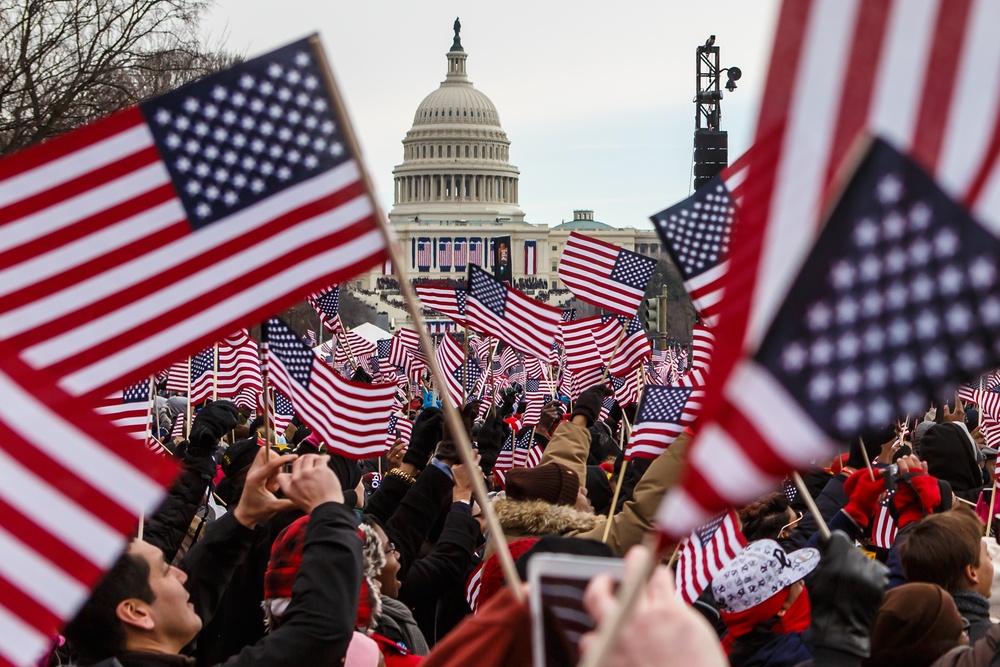Key Takeaways:
– President Trump threatened a national emergency to federalize Washington DC police.
– He took control of the Metropolitan Police Department for 30 days starting August 11.
– He activated over 2,000 National Guard troops, even after his deadline expired.
– Violent crime in DC had already fallen by 35 percent before Trump’s term.
– Tension rose when the mayor said local police would not cooperate with ICE.
What Would It Mean to Federalize Washington DC?
President Trump posted that he stepped into the “complete criminal mess” of Washington DC. He said he would call a national emergency to federalize Washington DC if the mayor blocked ICE. Federalizing Washington DC means the federal government would run the local police force. Thus, local leaders could lose control over arrests, patrols, and resource decisions. More troops would remain on city streets, and federal rules would guide policing methods.
Why Did Trump Move Against DC’s Police?
First, the mayor announced that the Metropolitan Police Department would stop helping Immigration and Customs Enforcement remove illegal immigrants. Next, Trump argued that this refusal would unleash more crime. Therefore, he took charge of the department for a month under an old federal law. Meanwhile, he sent in over 2,000 National Guard troops to help police patrol streets and address homelessness.
What Happened During the 30-Day Takeover?
During those 30 days, Trump said he aimed to crack down on crime and homelessness. However, he did not mention how he planned to fix homelessness. Instead, troops and federal agents patrolled key areas. Consequently, the president claimed crime fell quickly and restaurants and shops saw more customers. Yet many local reports said tourism and business visits had lagged before and during his rule.
How Did Crime Trends in DC Look Before Trump?
By the start of this year, violent crime in Washington DC had already dropped 35 percent. That marked the lowest rate in more than 30 years. Thus, some experts argued Trump rode a wave of falling crime, rather than creating it. For example, local community groups and police reforms had focused on better training and neighborhood programs. These efforts helped improve safety before any federal action.
Why Is the Mayor Against ICE Cooperation?
Mayor Muriel Bowser said her top priority is public safety and trust. She argued that local police should not act as immigration agents. For instance, some residents fear reporting crimes if they risk being detained for their status. Therefore, she refused to have the Metropolitan Police Department help ICE remove or relocate immigrants. In her view, community policing works better when all people feel safe calling 911.
What Powers Would a National Emergency Grant?
If Trump declares a national emergency, he could federalize Washington DC again. Federal law lets the president take control of local forces to protect rights or safety. In practice, officers answer to federal leaders and follow federal policies. Moreover, the National Guard and other troops would stay until the emergency ends. This move bypasses local laws and city officials. However, critics say it could violate the district’s home rule and upset residents.
How Long Can the President Federalize DC?
Under the law Trump cited, a president can take over for 30 days. Yet he can extend this timeline by declaring an ongoing emergency. That could keep troops and federal agents on patrol for months or years. Additionally, Congress could vote to end the emergency, but the president can veto such a resolution. As a result, federal control could last unless enough lawmakers join to stop it.
What Could Happen Next?
If Trump federalizes Washington DC, local leaders might sue in court. They could argue the move breaks the district’s right to govern itself. Meanwhile, protests or legal battles could draw national attention. On the other hand, some residents may welcome extra security if they feel unsafe. In either case, the clash between federal and local power will shape the future of the capital.
What Does This Mean for DC Residents?
First, people may see more armed troops on streets. Next, they might face stricter enforcement of federal laws, not local rules. Consequently, neighborhoods could change in how they handle protests, loitering, or minor offenses. In addition, some community services could shift focus if funding moves under federal control. Finally, trust between residents and police might suffer if people feel policed by outsiders.
Understanding the Big Picture
This showdown highlights a larger debate over power in the United States. On one side, the president claims authority to protect safety. On the other side, local leaders push back to defend home rule. Therefore, the fight over whether to federalize Washington DC could set a new standard for federal intervention in cities. It also shows how crime and immigration policy can mix in political battles.
Key Points to Remember
– Federalizing Washington DC means the federal government runs local police.
– A national emergency can extend federal control beyond 30 days.
– Violent crime in DC had already fallen before Trump’s takeover.
– The mayor refuses to let local police help ICE, sparking the crisis.
– Future court challenges and politics will decide what happens next.
Frequently Asked Questions
What does it mean to federalize Washington DC?
Federalizing Washington DC shifts control of the city’s police to the federal government. Officers then follow national orders instead of local rules.
Can the president really declare a national emergency for DC?
Yes. Federal law allows the president to act if he deems local conditions a threat to rights or safety. Yet Congress can vote to end that emergency.
Why did crime rates fall in DC before Trump’s order?
Local reforms, community programs, and better training helped cut crime. Those efforts began long before any federal takeover.
How could this affect everyday life in DC?
Residents might see more federal troops and stricter rule enforcement. Additionally, local budgets and services could change under federal direction.
